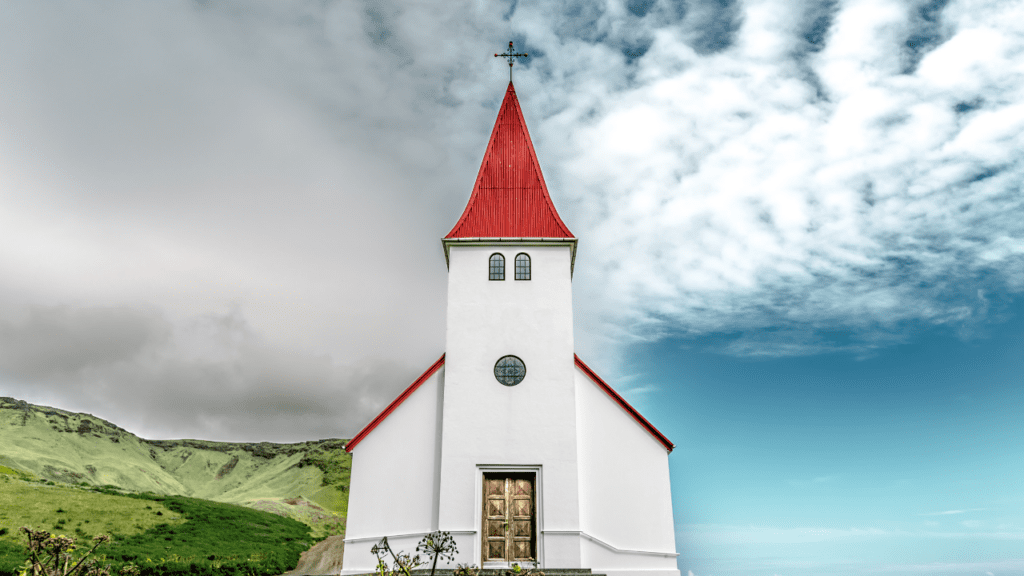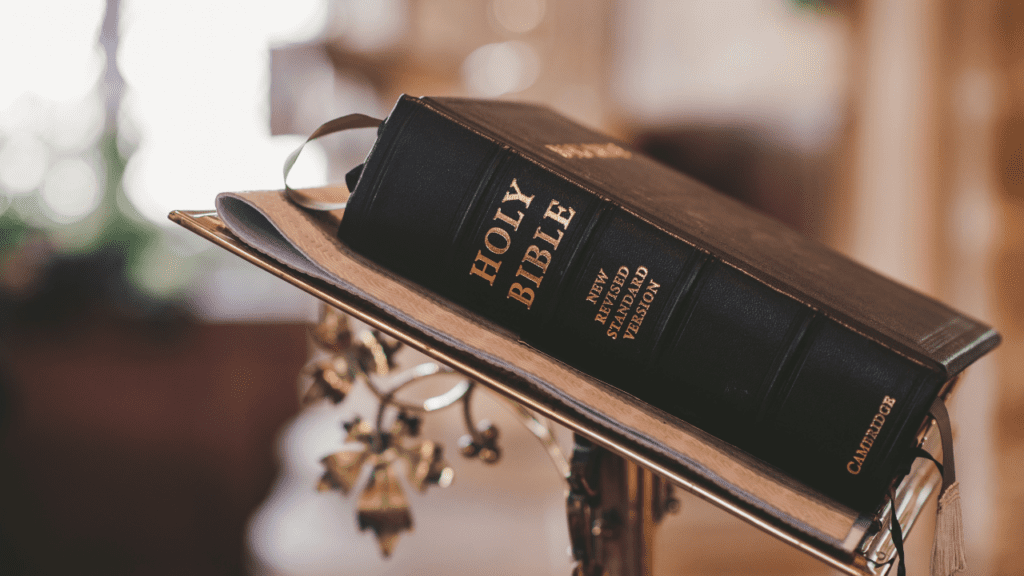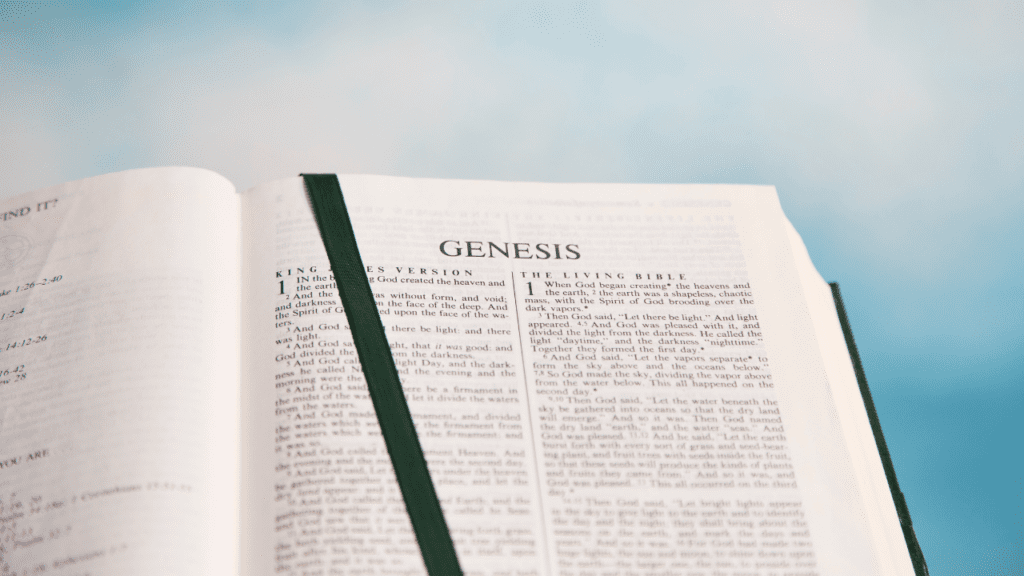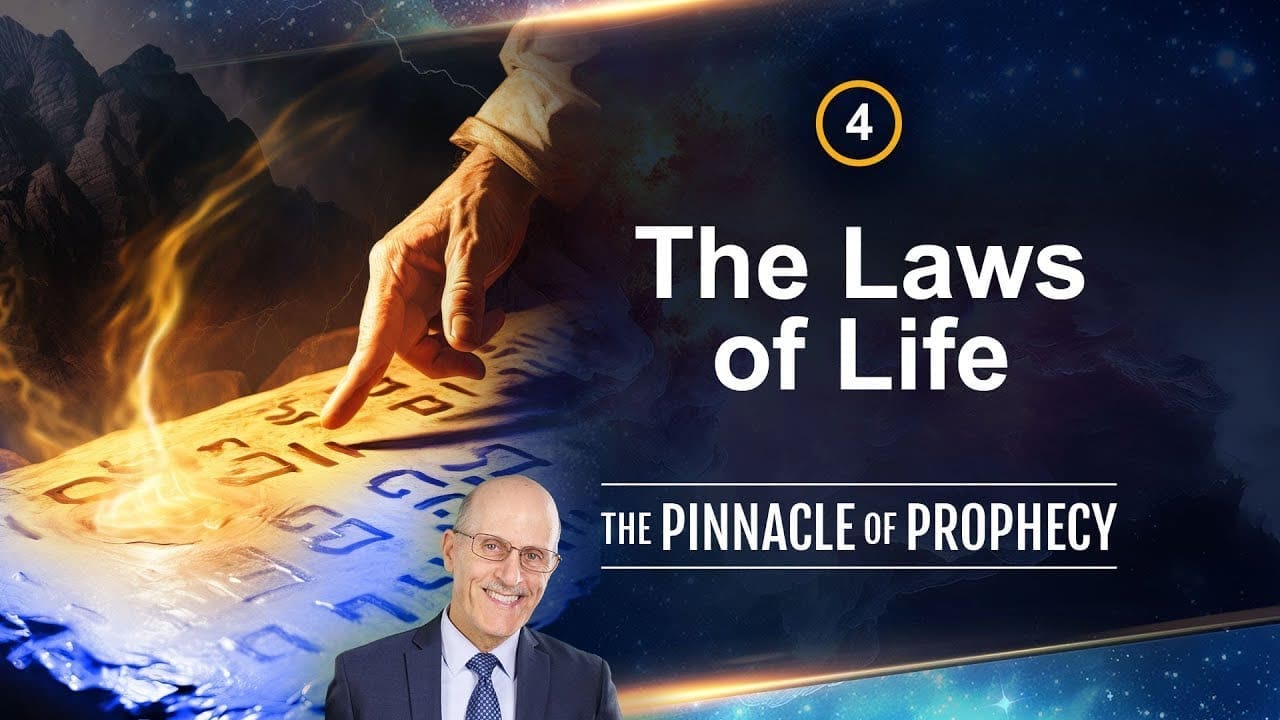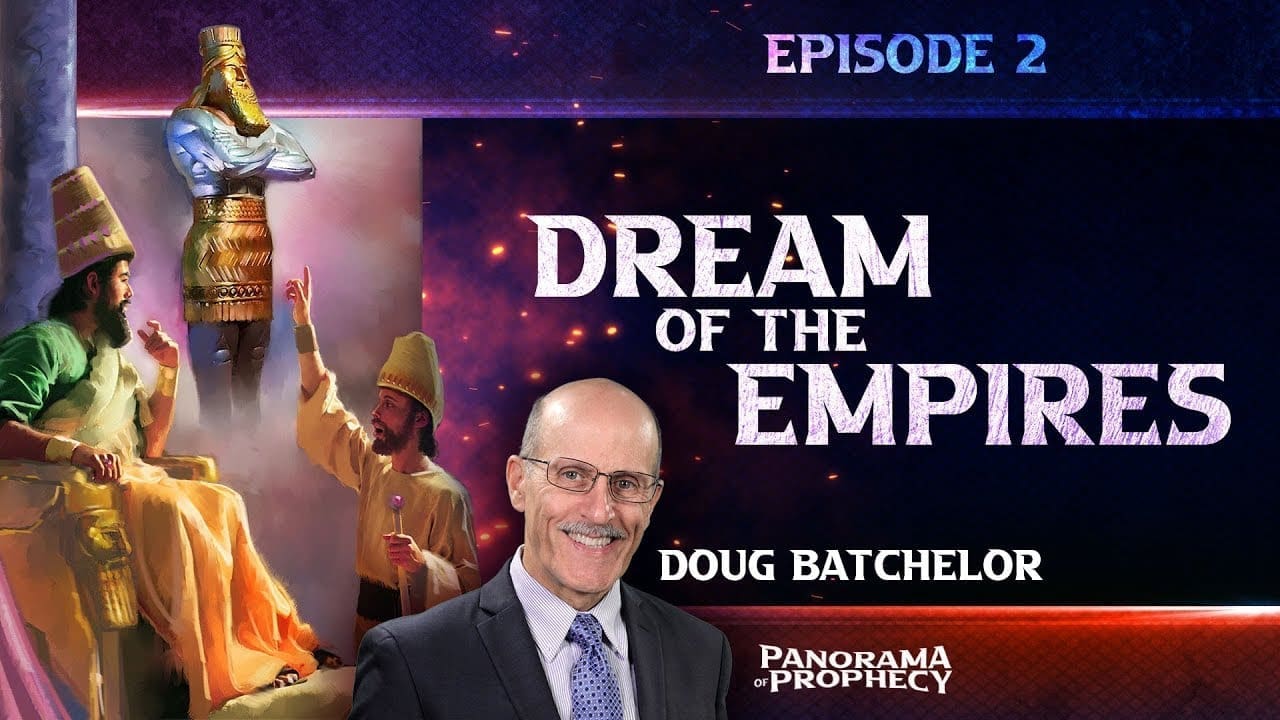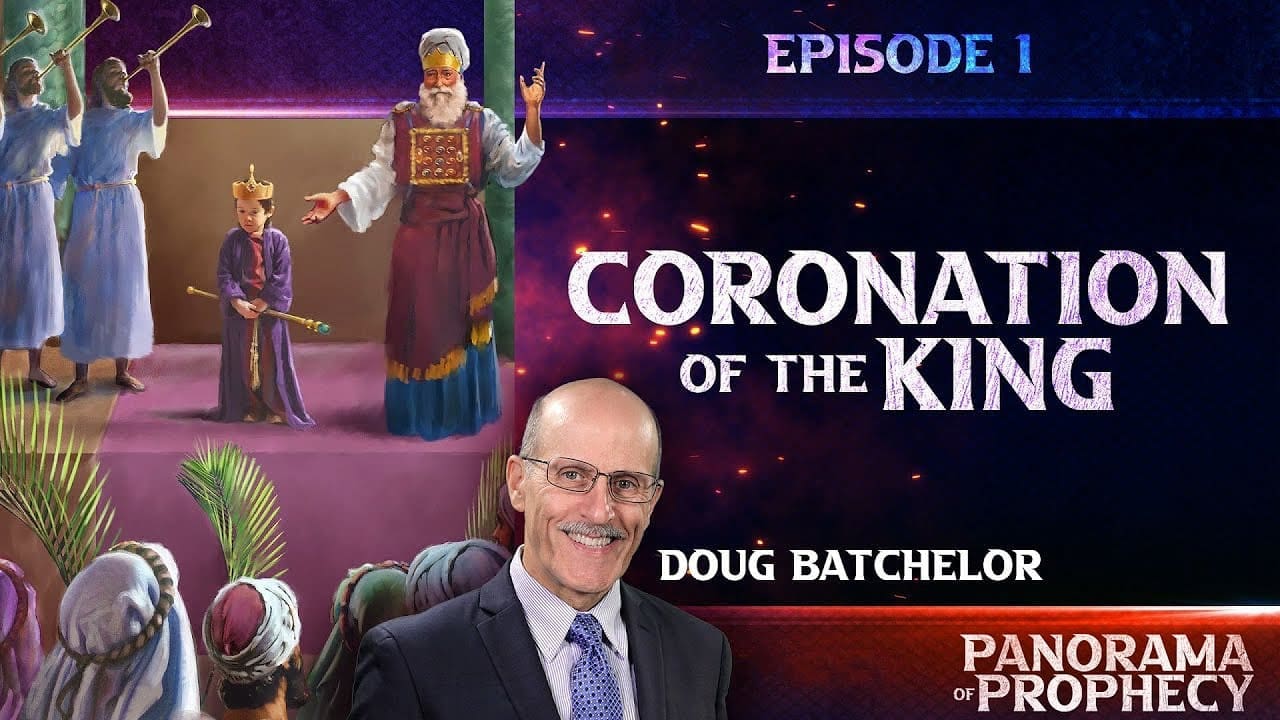Once upon a time, a Russian czar was walking through a park when he encountered a sentry standing guard over a patch of weeds. Curious, the czar asked the sentry about his duty, but the sentry could only say that he was following orders from the captain of the guard. Puzzled, the czar investigated further.
To their surprise, the court officials couldn’t remember the reason behind the sentry’s post or what he was guarding. After delving into the archives, they discovered why. Many years ago, Catherine the Great had planted a rose bush in that spot, and a sentry had been assigned to protect it. However, the rose bush had long since withered away, and the order to guard the area had been forgotten. Nevertheless, out of tradition, men continued to stand guard without understanding the purpose behind their vigilance.
Similarly, in the realm of religion, there are teachers who uphold teachings and practices without knowing their origins or their alignment with Scripture. These traditions may be perceived as safeguarding sacred truths, but in reality, they protect erroneous beliefs.
Let us turn to a passage in scripture that sheds light on this issue. In Matthew 15:13, Jesus declares, “Every plant that my heavenly Father has not planted will be uprooted.” This means that religious doctrines and practices not rooted in the Holy Scriptures will eventually be exposed and disposed. If we wish to stand firm in the end times, we must anchor our faith in the teachings and practices established by God Himself.
So, how can we discern the truth? There is only one way: diligent study of the book God has given us—the Bible. When it comes to matters of salvation, no Christian should rely solely on the words of others. Instead, we should search the Scriptures and seek what God has directly revealed to us.
Today, let us revisit a neglected Bible text—one that God specifically commanded us to remember. In Exodus 20, we find the Ten Commandments given by our Creator. These commandments govern our relationship with God and with one another. We understand the importance of commandments like “You shall have no other gods before me,” “You shall not take the name of the Lord your God in vain,” and “Honour your father and mother.” Likewise, we recognize the significance of commands such as do not kill, commit adultery, steal, bear false witness, or covet. These divine commandments carry equal weight and are vital for every Christian.
James 2:10-12 emphasizes the unity of the law, stating that whoever breaks even a single commandment becomes guilty of breaking the entire law. Therefore, we should speak and act as those who will be judged by the law of liberty.
It is crucial to remember that these Ten Commandments are unchangeable and unalterable. In Malachi 3:6, the Lord declares, “For I am the Lord, I do not change.” Furthermore, Psalm 89:34 affirms, “My covenant I will not break, nor alter the word that has gone out of my lips.” Since God Himself testifies to the immutability of His law, we, as mere humans, must not tamper with this divine constitution of God’s government. As stated in Deuteronomy 4:2, we are prohibited from adding or subtracting from God’s commands in order to faithfully keep them.
Among these commandments, there is one that has been forgotten—the one God urged us to remember. In Exodus 20:8-11, God instructs us, “Remember the Sabbath day, to keep it holy. Six days you shall labour and do all your work, but the seventh day is the Sabbath of the Lord your God. This commandment is preceded by the word “remember”—a clear instruction not to forget it. It seems that God anticipated that His people would overlook this commandment more than any other. Thus, He emphasized the importance of remembering to keep the Sabbath day holy. In verses 10 and 11, the Lord designated the seventh day, Saturday as we know it today, as His holy Sabbath.
While this Sabbath commandment was given in written form through Moses 2,000 years after creation, it originated from the very beginning of time. In Genesis 2:1-3, we learn that on the seventh day, God finished His work and rested, blessed and sanctified the seventh day. The observance of the Sabbath predates the existence of the Jewish people—it is not exclusively a Jewish day, but a day made for all of humanity, as Jesus Himself stated in Mark 2:27. The Sabbath was made for man, and not man for the Sabbath.
Now, let us consider the purpose of the Sabbath. Why was it instituted at the dawn of creation? Exodus 31:17 states, “It is a sign between me and the children of Israel forever, for in six days the Lord made the heavens and the earth, and on the seventh day, He rested and was refreshed.” Similarly, Exodus 20:11 affirms the Sabbath’s connection to creation, emphasizing that in six days, the Lord made the heavens, the earth, the sea, and everything in them, resting on the seventh day and blessing it.
Hence, the Sabbath serves as a memorial and a sign of God’s creative power. Just as a flag symbolizes the identity of a nation, the Sabbath symbolizes God’s eternal government. As devoted Christians, we should not allow this symbol of God’s truth to be disregarded or distorted by human traditions or creeds.
But what about the New Testament? Jesus serves as our example in all matters, including Sabbath observance. Luke 4:16 tells us that Jesus customarily went to the synagogue on the Sabbath day to read the Scriptures. In John 15:10, Jesus said, “I have kept my Father’s commandments,” and in Matthew 15:9, He warns against teaching as doctrines the commandments of men. The seventh-day Sabbath stands as a divine commandment, while Sunday observance stands merely on the traditions of men.
Many Christians today assume there must be a valid reason for Sunday keeping and the substitution of the Sabbath. However, the Bible is silent regarding such a change.
Did the apostles observe the Sabbath? After the crucifixion, the followers of Jesus “rested on the Sabbath according to the commandment” (Luke 23:56). The New Testament contains numerous references to the Sabbath in the book of Acts, long after Jesus’ resurrection.
Acts 13:14, 42, and 44 describe the apostles attending the synagogue and preaching on the Sabbath day. In Acts 16:13 and 17:2, Paul is found observing the Sabbath and teaching in synagogues. During his missionary journeys, Paul continued to honour the Sabbath. In Acts 18:4, Paul reasoned in the synagogue every Sabbath, and in Acts 20:7, he met with believers on the first day of the week (Sunday) for a special purpose unrelated to the Sabbath.
There are only eight texts in the New Testament that mention the first day of the week, and none of them indicate a change from the seventh-day Sabbath to Sunday.
Despite these biblical affirmations of the Sabbath, a shift to Sunday worship took place within the early church. Roman Emperor Constantine, a former sun-worshiper, passed the first civil law mandating Sunday observance in AD 321. Later, Pope Sylvester officially named Sunday “the Lord’s Day,” further solidifying the transition.
In conclusion, let us not cling to religious traditions without understanding their origins or scriptural foundation. Instead, let us diligently study the Word of God and anchor our faith in the doctrines and practices that He has established. The forgotten Bible text—the Sabbath commandment—is a vital part of God’s divine instructions, and its observance has eternal significance. As we honour and keep the Sabbath, we symbolize our belief in God as the Creator and demonstrate our obedience to His commandments.
In Isaiah 66:22-23, we catch a glimpse of the future, where the Sabbath will continue to be observed even in the new heavens and the new earth. The passage states, “For as the new heavens and the new earth that I make shall remain before me, says the Lord, so shall your offspring and your name remain. From new moon to new moon, and from Sabbath to Sabbath, all flesh shall come to worship before me, declares the Lord.”
This beautiful prophecy reveals that the Sabbath will endure beyond our present world, extending into the glorious future when God creates the new heavens and the new earth. It emphasizes the everlasting nature of the Sabbath as a time for worship and fellowship with God. Just as all flesh will come to worship before the Lord, we can anticipate the continuation of Sabbath observance into eternity.




